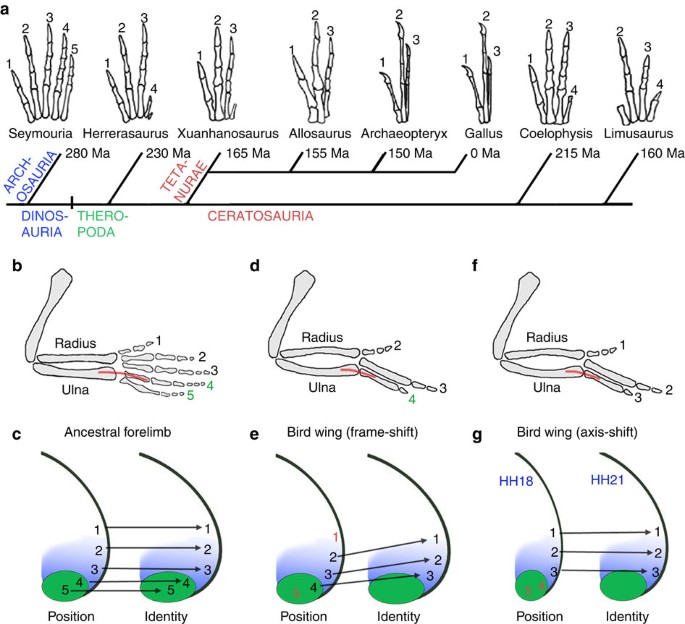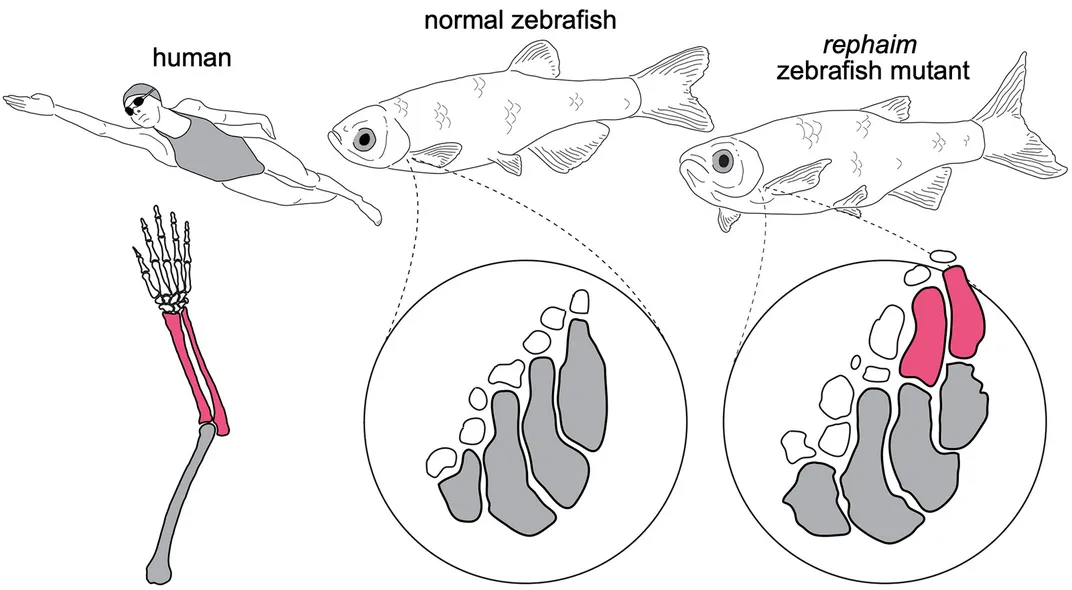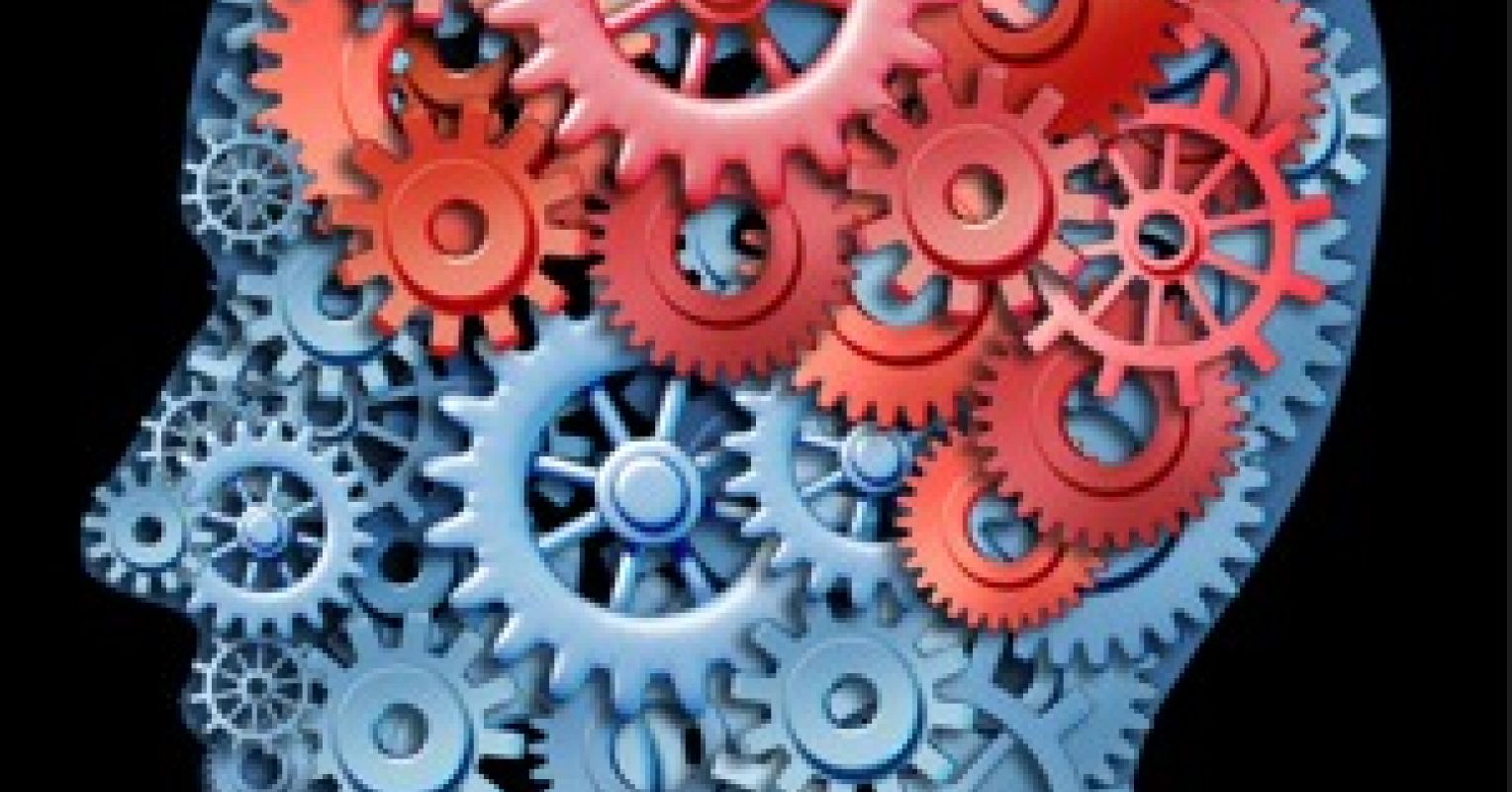The Barbarian
Crabby Old White Guy
- Apr 3, 2003
- 29,947
- 13,412
- 78
- Country
- United States
- Gender
- Male
- Faith
- Catholic
- Marital Status
- Married
- Politics
- US-Libertarian
The thing is, science is too weak a method for metaphysics. I mean "metaphysics" in the precise sense, the rules by which the rules of the universe were made. You're looking for faith or philosophy. A pretty bright IDer suggests something like this. Michael Denton, in Nature's Destiny, proposes a teleology that made this world precisely right for living things including man to evolve. But he points out that such a view is diametrically opposed to special creationism.But surely the belief that God was involved does imply that there should be some design and teleology found in evolution which changes the assumptions about how evolution works and therefore should be reflected in a different ontology, epistemics and paradygm.
I don't think he's a theist at all, so the reasoning of St. Thomas Aquinas probably wouldn't sway him. But I think it's worth considering for anyone who believes in an omnipotent Creator:
The effect of divine providence is not only that things should happen somehow, but that they should happen either by necessity or by contingency. Therefore, whatsoever divine providence ordains to happen infallibly and of necessity happens infallibly and of necessity; and that happens from contingency, which the divine providence conceives to happen from contingency.
St. Thomas Aquinas, Summa theologiae
IMO, God is more competent than Michael Denton thinks such a being could be.
Upvote
0





